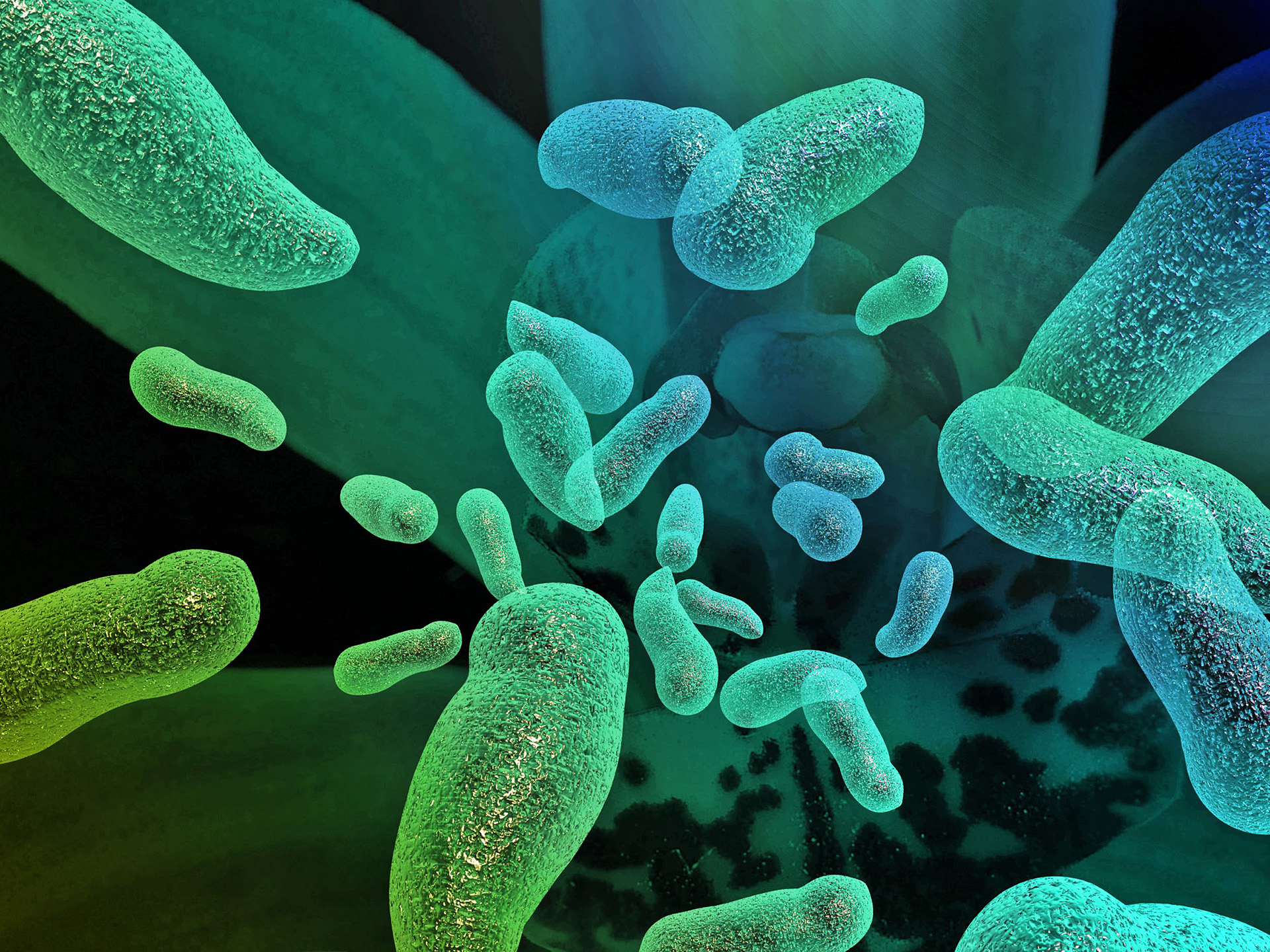Plastic Eatıng Enzyme
BRITISH AND AMERICAN SCIENTISTS HAVE ACCIDENTALLY CREATED AN ENZYME THAT EATS PLASTIC
The enzyme was inadvertently created by scientists as they were working on plastic-eating bacteria, which were discovered by Japanese researchers in 2016 . When the PETase enzymes of the bacterium, Idonella sakaiensis, which feeds on PET (polyethylene terephthalate) plastics, were treated with a super-powerful X-ray, they released an enzyme that can eat not just PETs but all kinds of plastics.
It is thought that the research led by the U.S. Department of Energy’s National Renewable Energy Laboratory and the United Kingdom’s University of Portsmouth can have an impact on the prevention of plastics pollution as well as making recycling more efficient. Researchers believe that the enzyme can be further optimized by tweaking it some more.



